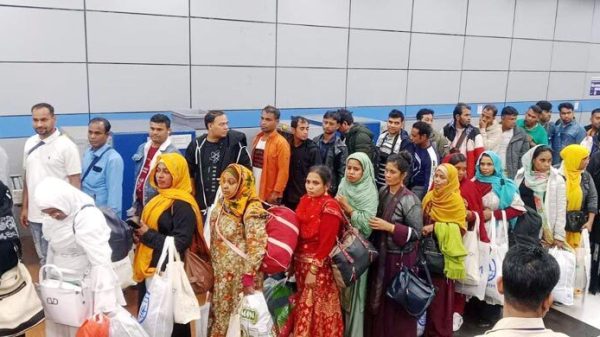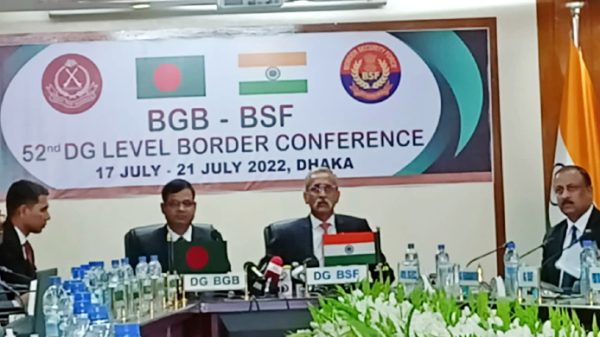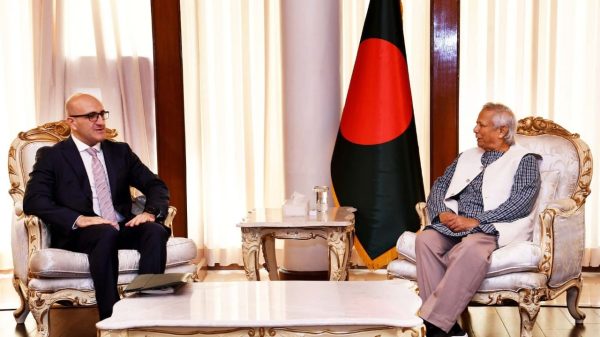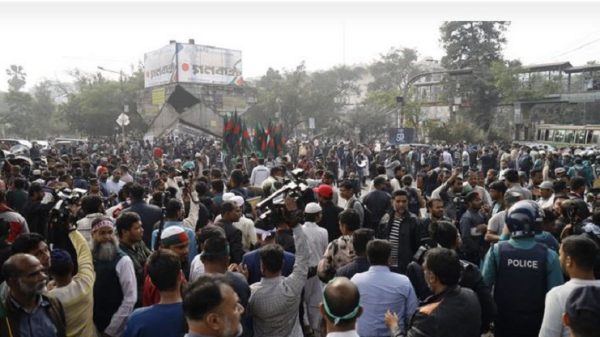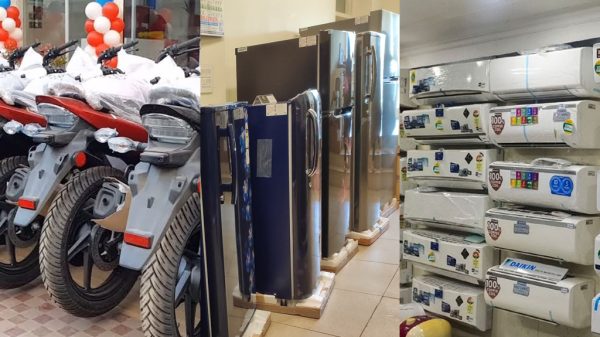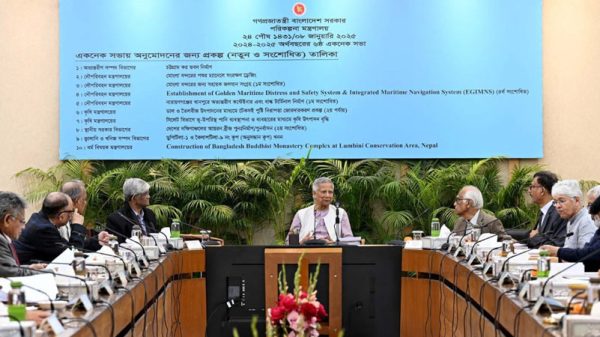BD needs to reduce apparel production margin costs

- Update Time : Tuesday, 14 November, 2023, 04:38 pm
- 125 Time View
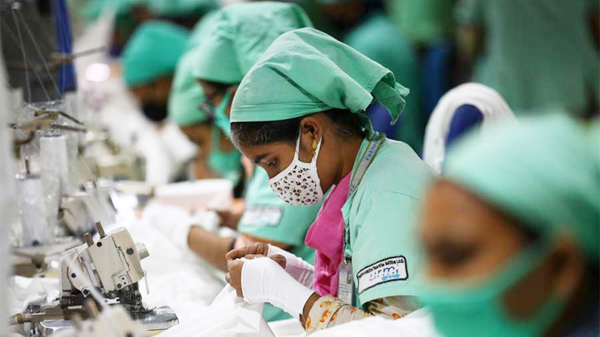
Online Desk: Bangladesh needs to lower its apparel-production margin costs through developing skills and manufacturing high-value-added items amid heightened competition in post-LDC period.
The country’s ready-made garment sector will lose trade preferences that offer substantial profit margins and government supports, like bonded warehouses and cash incentives that ensure profitability, once the country graduates from least developed country status.
Dr MA Razzaque, chairman of the Research and Policy Integration for Development (RAPID) made the remarks at a programme while presenting the findings of a study titled ‘Can Bangladesh Absorb LDC Graduation-Induced Tariff Hikes? Evidence Using Product-specific Price Elasticity of Demand and Markups for Apparel Exports to Europe’ at a seminar at a city hotel on Sunday.
Sharifa Khan, Senior Secretary of the Economic Relations Division, and Tapan Kanti Ghosh, Senior Secretary of the Ministry of Commerce, among others, also spoke at the seminar.
The demand for Bangladesh’s top 50 ready-made garments (RMG) products in the EU and the UK is highly elastic, Dr Razzaque said, adding that for most products in most countries, own-price elasticity are between 3 and 4 in absolute value.
“Though some of these top 50 local RMG products have high markups (profit margins), for most of them the markup is between 2 and 4,” he noted.
Bangladesh is set to graduate from LDC status on November 24, 2026 and various studies indicated that tariff hikes after LDC graduation would result in a significant shock to Bangladesh’s exports, he said.
The United Nations Conference on Trade and Development estimated Bangladesh’s potential export losses to be between 5.5 and 7.5 per cent while the World Trade Organization suggested a decline of more than 14 per cent in Bangladesh’s exports.
In 2022-23, Europe-bound merchandise exports from Bangladesh amounted to $30.5 billion, of which apparel exports comprised $28.6 billion.
The EU and the UK account for more than 60 per cent of Bangladesh’s garment exports while apparel products constitute more than 93 per cent of total exports to the EU and the UK, he noted.
Currently, as an LDC, Bangladesh enjoys duty-free access to the EU for all exports, barring arms and ammunition.
The sector should consider raising the markup on current RMG products by capitalising on cost efficiency through improvements in infrastructure, power, utilities, skilled labor and management, modern technologies and advanced supply-chain management techniques.
The sector should explore opportunities to diversify the RMG product portfolio by focusing on high-value-added products that inherently offer higher profit margins, he added.
The garment sector should also capitalise on the evolving geopolitical landscape.
“Many European countries are increasingly adopting the ‘China plus one’ policy to diversify their supply chains. Bangladesh can proactively engage in negotiations with these nations to secure a share of these expanding markets,” he mentioned.
Bangladesh holds a significant market share in the apparel sector of both the EU and the UK.
He, however, said the introduction of tariffs on its imports could lead to a general rise in garment prices across these markets and consequentially, higher prices could potentially assist Bangladeshi exporters in cushioning the impact of preference erosion.
China’s strategic transition towards producing more technology- intensive goods and geopolitical developments prompting western buyers to diversify their sourcing could be another boon, he added.
As China’s market share diminishes, it opens avenues for other nations, including Bangladesh, to fill the void, he further said.
Speaking about challenges after LDC graduation, Mr Razzaque said concerns regarding safety, compliance, and environmental matters should be critically evaluated in the post-LDC era.
Trade agreements between the EU and the comparator countries exporting apparel, such as Vietnam’s free trade agreements (FTAs) with the EU and the UK, also mean that while Bangladesh may face a tariff of 12 per cent, nations with FTAs such as Vietnam will get duty-free access, he added.
Speaking there, Sharifa Khan stressed enhancing productivity, quality and automation. She said price is one of the major factors and Bangladesh has no choice but to compete with competitors.
Mr Ghosh, echoing Ms Khan, said price competitiveness in the international market matters and depends on how Bangladesh reduces production costs.


